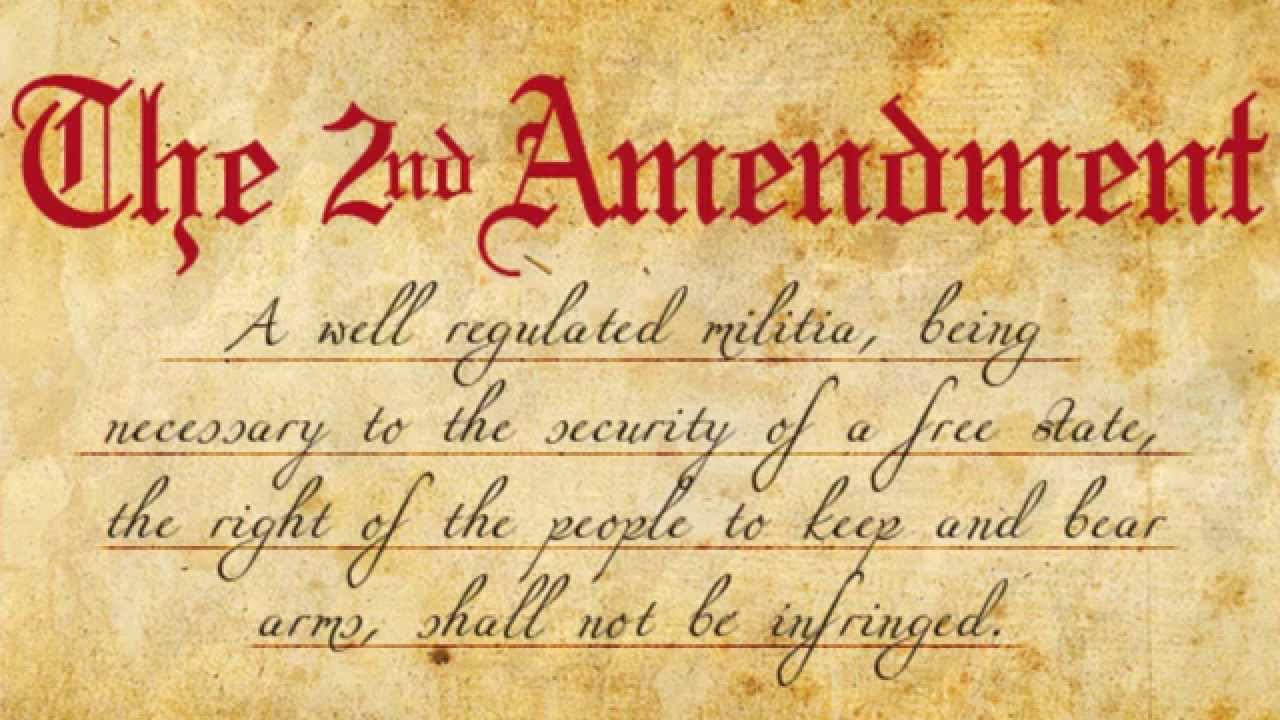
How Do I Keep my Guns Safely At Home?
How Do I Keep my Guns Safely At Home? It seems as if we everyday we hear a news story about another child who got access to their parent’s gun and injured themselves or another—or worse. Most of these accidents are preventable, and gun owners need to take to keep guns safely at home. Here are some tips on how to responsibly child-proof your firearms.
It’s your responsibility
Remember that as the owner of the firearm, you are responsible for it and who has access to it. Responsibility also determines liability. In this respect, a firearm is much like a car. If it gets into the wrong hands and is used to harm others or property, you are responsible for the liability that flows from that act.
Hiding a gun is not safe storage
Children are particularly good at finding things you don’t want them to. They have the motivation and the time to spend meticulously going through a closet and would likely be thrilled to find something as interesting as a gun. Similarly, burying it in the back of a drawer, on top of a dresser, or in other crevices and nooks will not ensure that the firearm stays out of the hands of children.
Unloaded guns are the safest
Always store your firearm unloaded. Always confirm that your firearm is unloaded, especially if you loan it to a family member or another adult. When you get the firearm back, double check to make sure that it is not loaded. Unloaded guns should also be kept in a locked cabinet, gun safe, or other vault that is not readily accessible. Locking mechanisms should be secure and not easily destroyed or tampered with.
Store ammunition separately
Even if a child finds an unloaded gun, tragedy can still be avoided if they cannot find the ammunition. Thus, store the ammunition somewhere else that is also locked, such as a strong box, small safe, or other secured location. Again, the locking mechanism should be secure.
The more locks, the better
There are numerous gun locking devices on the market including cable-style locks that are all designed to render the gun useless to unauthorized users. If you decide to disassemble the firearm, be sure to store the various parts in separate locked locations. In the event you have a firearm for home protection and need to have ready access to it, there are special cases on the market that are can be opened quickly only by the owner or authorized user.
Educate your kids
Just as you teach your children not to touch a hot stove or get into the household chemicals, teach them also about gun safety. First and foremost, teach them that if they find a gun in your house or anywhere else for that matter to stop and do not touch it. Teach them to notify an adult of what they have found so that it can be handled safely. Also counsel them that toy guns can look an awful lot like a real gun and when in doubt, not to touch it and find an adult. Finally, instruct your kids not to go snooping for guns in your house and not to let their friends do it either.
If you have questions about your rights and responsibilities as a gun owner, contact Melissa Pearce who is familiar with local, state, and federal gun laws as well as the rights and responsibilities of firearm owners.
